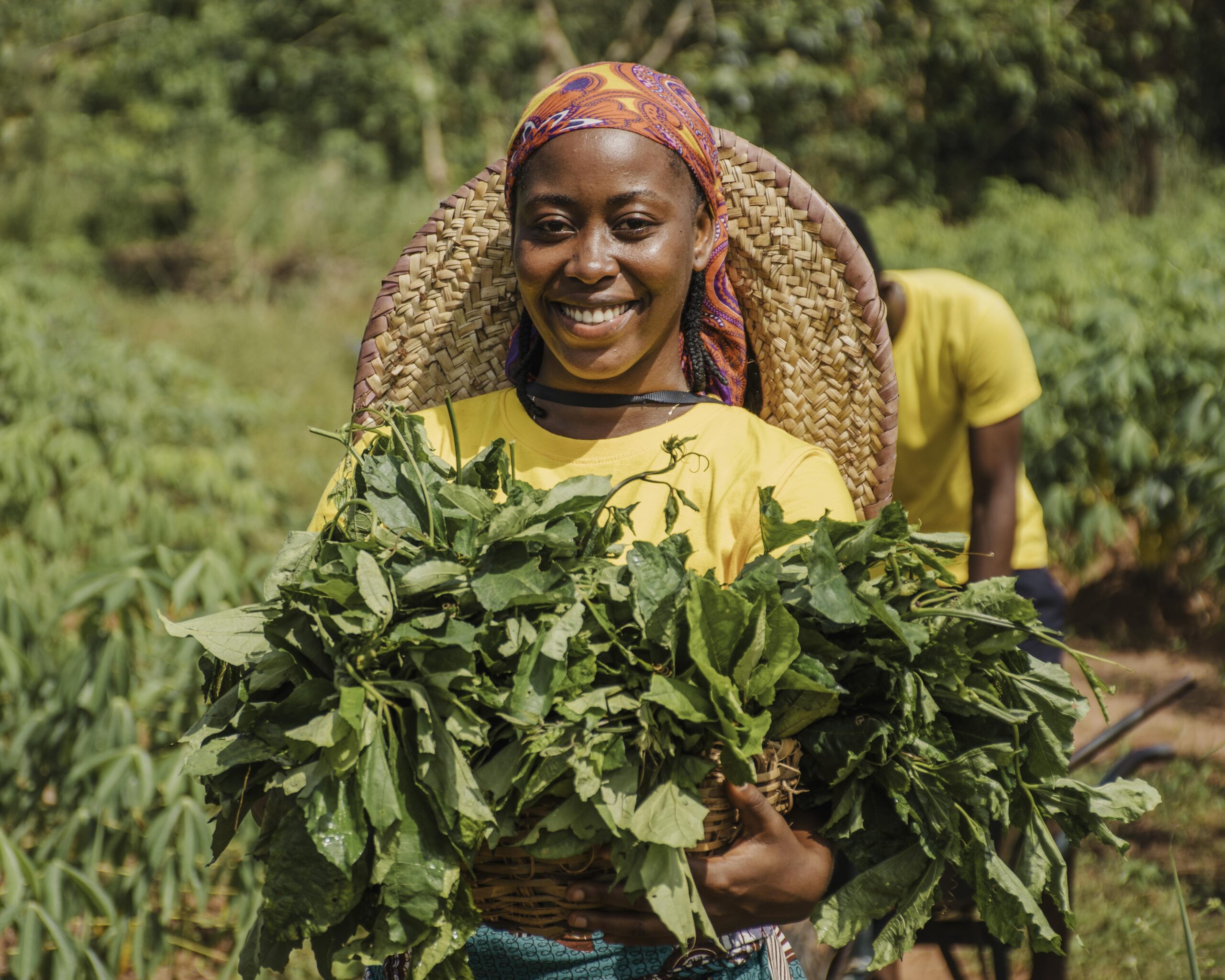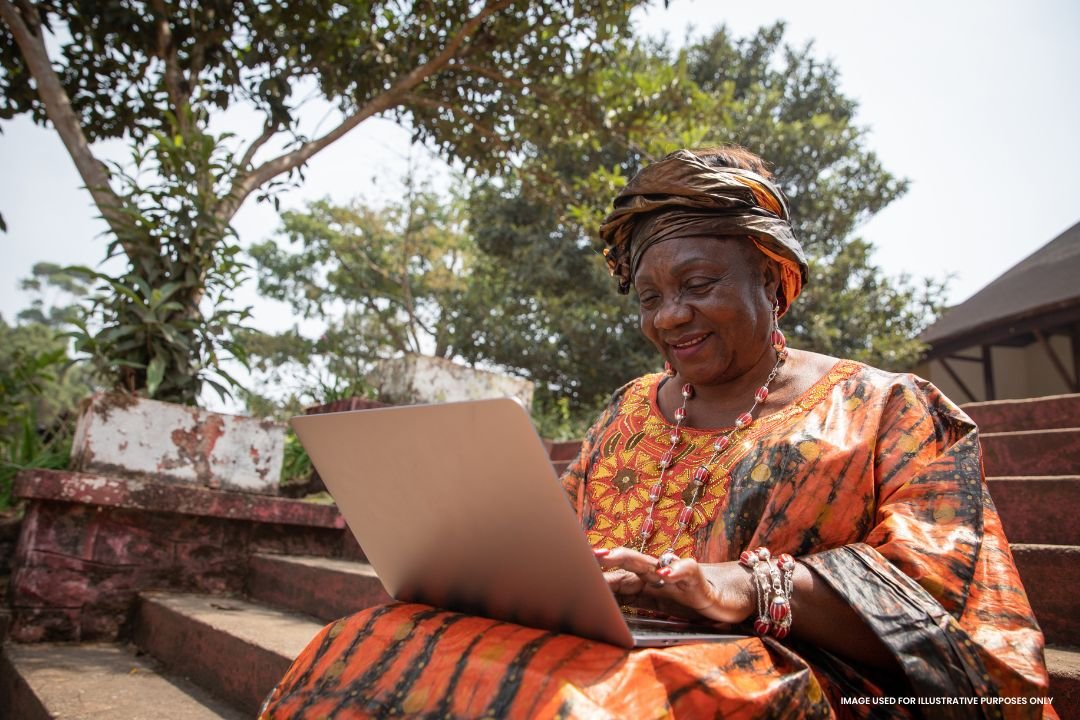Africa is a continent of incredible diversity, not just in its cultures and landscapes, but also in its economies. Agriculture is a cornerstone of many African nations, and it is often the women of Africa who play a vital role in its success. We explored the pivotal role women are playing in the agriculture industry across Africa, the challenges they face, and the initiatives aimed at empowering them to drive sustainable development.
The Unsung Heroes of African Agriculture
Women have long been the backbone of African agriculture, contributing significantly to food production, processing, and marketing. In many African countries, women make up a substantial portion of the agricultural workforce. According to the Food and Agriculture Organization (FAO), women in Sub-Saharan Africa are responsible for about 60-80% of food production. This statistic underscores the pivotal role they play in ensuring food security for the continent.
The Role of Women in Agriculture
- Farmers: Women are actively engaged in farming, cultivating crops such as maize, rice, and cassava. They also rear livestock, contributing to the production of meat, dairy, and other animal-based products.
- Processing and Value Addition: Beyond cultivation, women are involved in processing and value addition activities. They transform raw agricultural products into marketable items, such as turning tomatoes into tomato paste, millet into flour, or shea nuts into shea butter.
- Marketing and Distribution: Women are often responsible for taking products to local markets, selling them, and managing the income generated. Their role in the marketing and distribution chain is essential for the overall food supply chain.
- Seeds and Sustainability: Women are often the custodians of indigenous seeds and farming knowledge, contributing to biodiversity and sustainability in agriculture.
Challenges Faced by Women in Agriculture
While women are the unsung heroes of African agriculture, they face numerous challenges that hinder their full potential and participation in the industry:
- Limited Access to Land: In many African countries, women have limited access to land, which is a fundamental resource for farming. Land ownership and tenure systems often favor men.
- Access to Resources: Women have less access to essential resources such as credit, fertilizers, improved seeds, and agricultural training, which can significantly boost their agricultural productivity.
- Unpaid Labor: Much of the work done by women in agriculture goes unrecognized and unpaid. Women’s contributions are often invisible in national economic data.
- Gender-Based Violence: Women in rural areas are vulnerable to gender-based violence, which can deter their active participation in agriculture.
Empowering Women in African Agriculture
Efforts are being made to address these challenges and empower women in the agriculture sector. Some key initiatives include:
- Land Rights Reform: Advocates are pushing for reforms in land tenure systems to grant women equal access and ownership rights to land.
- Access to Credit and Resources: Programs aimed at providing women with access to credit, fertilizers, seeds, and training are helping to bridge the resource gap.
- Women’s Cooperatives: Establishing women’s agricultural cooperatives has proven successful in enabling women to pool resources and support each other in agricultural endeavors.
- Education and Training: Training and capacity-building programs are equipping women with the knowledge and skills needed to improve their farming practices.
- Policy Advocacy: Advocacy groups and governments are working together to enact policies that promote gender equality in the agriculture sector.
Women are the unsung heroes of African agriculture, playing a central role in food production, processing, and distribution. Despite the challenges they face, they are instrumental in ensuring food security and sustainable development across the continent. Empowering women in agriculture is not only a matter of gender equality but also a crucial step towards achieving food security, economic growth, and environmental sustainability in Africa. Recognizing and supporting the vital role of women in agriculture is not only a moral imperative but also a pathway to a brighter future for the entire continent.










